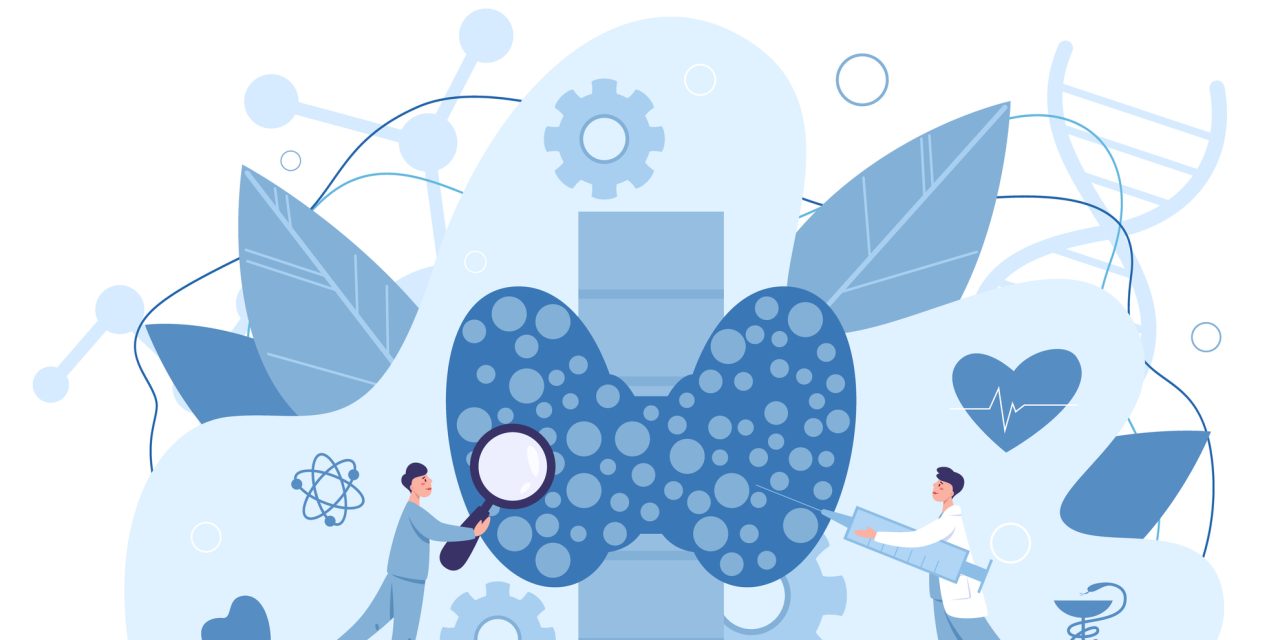Successful reproduction is very important for individuals and for society. Currently, the human health span and lifespan are the object of intense and productive investigation with great achievements, compared to the last century. However, reproduction span does not progress concomitantly with lifespan. Reproductive organs age, decreasing the levels of sexual hormones, which are protectors of health through their action on several organs of the body. Thus, this is the starting point of the organismal decay and infertility. This starting point is easily detected in women. In men, it goes under the surface, undetected, but it goes, nevertheless. Regarding fertility, aging alters the hormonal equilibrium, decreases the potential of reproductive organs, diminishes the quality of the gametes and worsen the reproductive outcomes. All these events happen at a different pace and affecting different organs in women and men. The question is what molecular pathways are involved in reproductive aging and if there is a possible halting or even reversion of the aging events. Answers to all these points will be explained in the present review.Copyright © 2021. Published by Elsevier B.V.
Reproductive aging and telomeres: are women and men equally affected?


